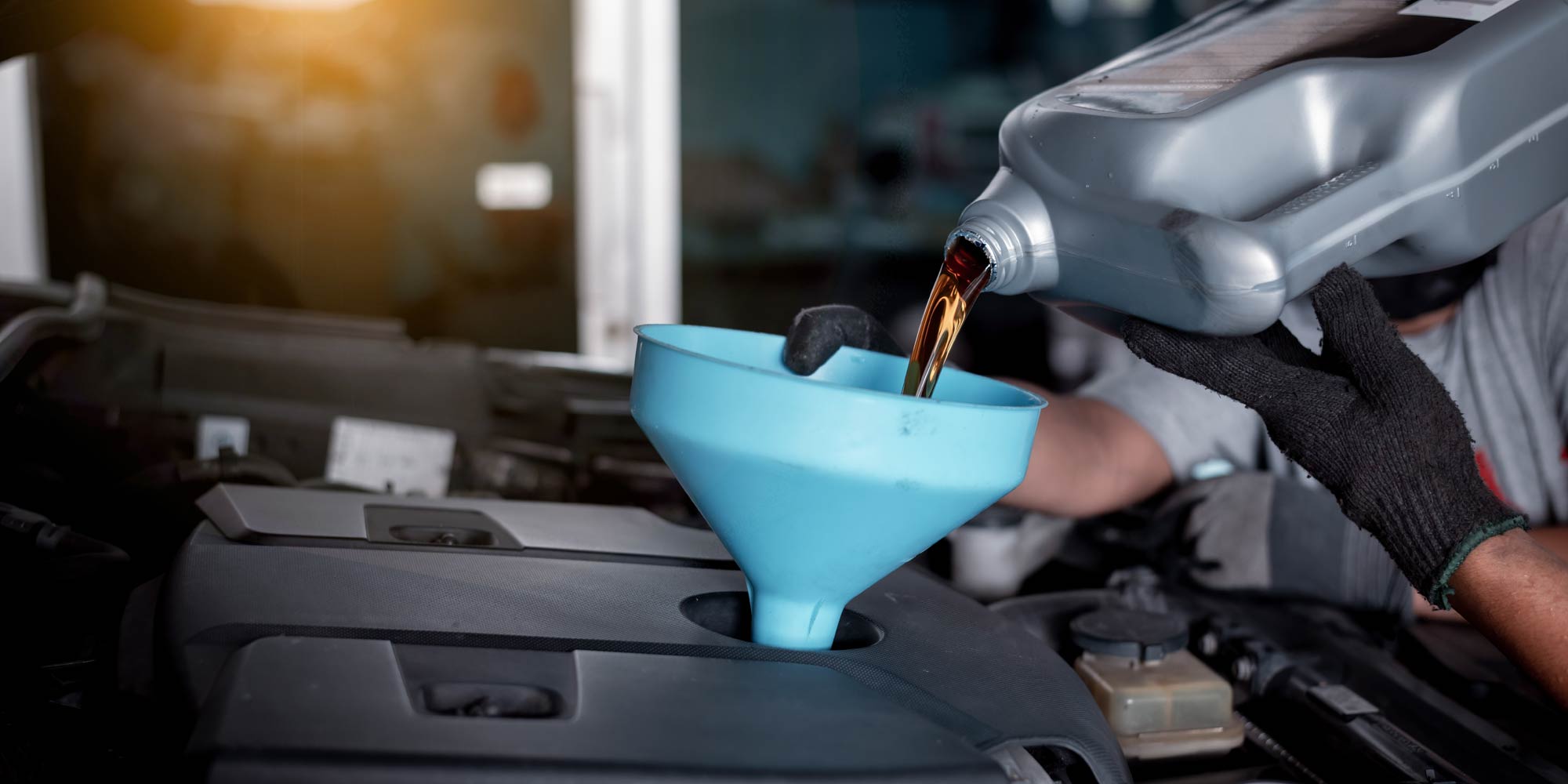Maximize Your Vehicle'S Performance With Routine Oil Changes
Maintaining your vehicle's performance is a multifaceted endeavor, with normal oil changes standing out as a crucial aspect. Fresh engine oil plays a pivotal role in making sure ideal lubrication, minimizing friction, and avoiding wear on crucial parts. Several vehicle drivers overlook the indications that show a need for an oil modification, possibly endangering their car's longevity.
Relevance of Regular Oil Changes
While several cars and truck owners may overlook the importance of routine oil modifications, overlooking this critical upkeep job can lead to serious repercussions for engine performance and longevity. Engine oil plays a vital role in oiling relocating components, decreasing rubbing, and stopping getting too hot. Gradually, oil wears away as a result of exposure to warm and impurities, which decreases its efficiency.
Stopping working to transform the oil routinely can lead to the buildup of sludge and debris, which can obstruct vital engine components and result in boosted wear. This not just compromises engine performance however can also lead to pricey fixings and even complete engine failure. In addition, old oil sheds its capability to reduce the effects of acids generated during combustion, which can result in rust and more damages.
In addition, many automobile makers advise specific oil change intervals, typically based on mileage or time. In recap, regular oil modifications are not merely an idea; they are a crucial component of accountable lorry maintenance that secures the engine and boosts total performance.
Advantages of Fresh Oil
Changing to fresh oil provides countless advantages that directly improve engine efficiency and effectiveness. New oil reduces rubbing between engine elements, which not only reduces wear but additionally contributes to smoother operation.
Additionally, fresh oil properly cleans the engine by suspending impurities and avoiding sludge buildup. Gradually, oil comes to be contaminated with dirt, steel bits, and combustion byproducts. Frequently changing oil ensures that these damaging materials are removed, promoting a cleaner and much healthier engine setting.
Furthermore, fresh oil help in ideal temperature level regulation. It dissipates warm a lot more successfully, preventing getting too hot and possible damage to engine components. This is especially crucial during peak performance circumstances, where warmth buildup can impair engine performance.
Indicators Your Oil Requirements Altering
Engine oil is the lifeline of your car, and recognizing when it requires altering is essential for maintaining optimum performance - Oil Change Lockhart. A number of signs indicate that it's time for an oil modification, and staying vigilant can avoid engine damages and Check This Out costly repair work
First, examine the shade and consistency of the oil. Fresh oil is generally brownish-yellow and smooth, while old oil might show up dark and sandy, showing contamination and minimized performance. A change in thickness can also signify that the oil has actually broken down and is no more properly lubricating engine elements.

An additional caution sign is the oil adjustment light on your control panel. This alert acts as a reminder that the oil has actually reached its life expectancy or that there is a hidden issue requiring interest. Additionally, uncommon engine sounds, such as knocking or ticking, may suggest not enough lubrication as a result of abject oil.
Lastly, if you see oil places or puddles under your lorry, it may indicate a leak that necessitates prompt inspection and feasible oil adjustment. Listening to these indicators will ensure your engine operates smoothly and effectively.
Selecting the Right Oil
Selecting the appropriate oil for your car is essential for making sure ideal efficiency and durability. This assistance will guide you towards the correct thickness quality, such as 5W-30 or 10W-40, which suggests the oil's density at various temperature levels.
Next, think about the sort of oil: traditional, synthetic, or a mix. Conventional oil is originated from petroleum and appropriates for older vehicles, while synthetic oil provides premium defense and efficiency for modern-day engines, especially under extreme conditions. Synthetic blends integrate the benefits of both and are typically a cost-efficient alternative.
In addition, seek oils that meet sector requirements, such as API (American Oil Institute) or ACEA (Association des Constructeurs Européens d'Automobiles) qualifications. These indications make sure that the oil has actually been examined for quality and efficiency. Ultimately, choosing the ideal oil not just boosts engine efficiency however likewise adds to the total health of your lorry, leading the way for smoother driving experiences.
Oil Change Frequency Recommendations

Factors influencing oil modification regularity consist of driving conditions, such as stop-and-go web traffic, extreme temperature levels, and towing heavy tons. Under serious conditions, it could be sensible to change the oil a lot more regularly to stop engine wear. Furthermore, some contemporary automobiles come geared up with oil life surveillance systems that offer personalized recommendations based on driving practices, which can better optimize the oil change timetable.
It's crucial to consult your owner's Resources manual for specific referrals customized to your automobile. Following these guidelines not only preserves engine health and wellness yet likewise enhances gas performance and decreases emissions. Finally, routine oil adjustments, timed suitably based on different aspects, are a basic aspect of automobile upkeep that can considerably influence performance and long life.
Verdict
